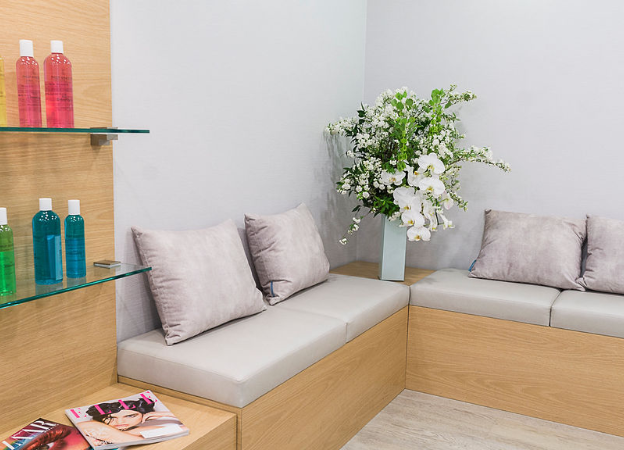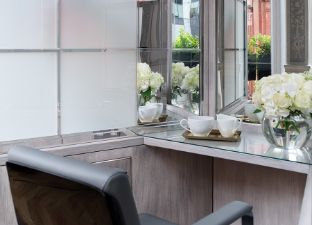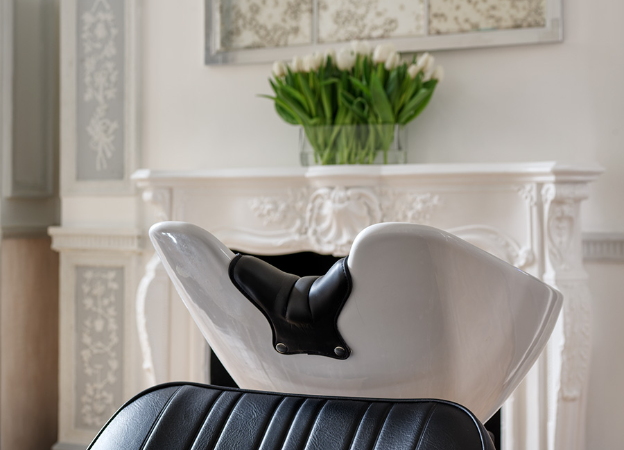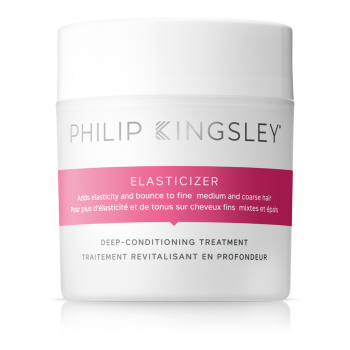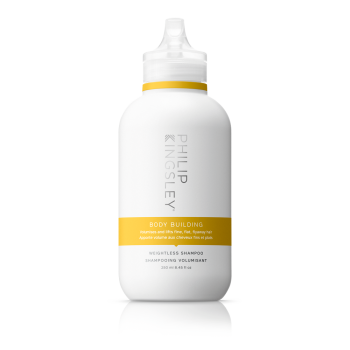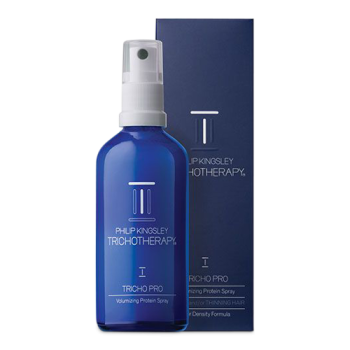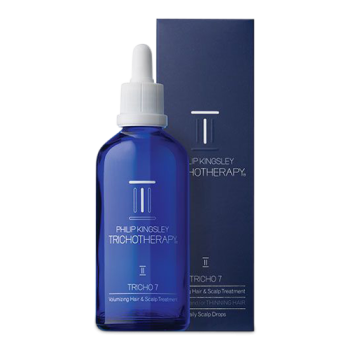Menopause
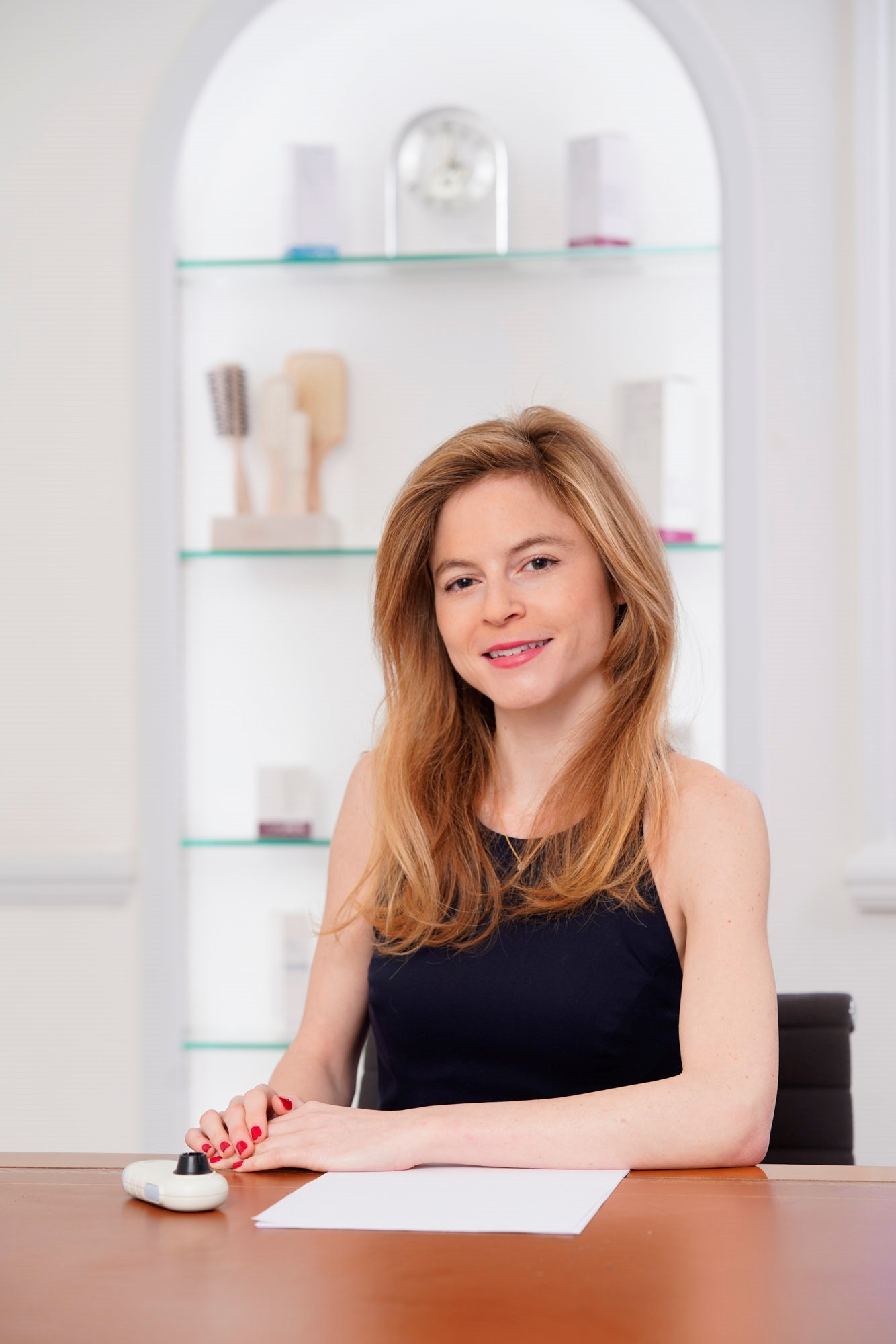
Anabel Kingsley
Brand President
Because your hair’s growth cycle is affected by hormones, the changing hormone levels around menopause often accelerate these changes to your hair.
How Does Menopause Affect Your Hair?
Most women find that their hair loses volume and length around menopause. This is because menopause causes your oestrogen levels to decrease, and oestrogen is a hair-friendly hormone, helping to keep your hair in its anagen (growth) phase for longer.
You may also find that your hair breaks more easily after menopause. This is because the new hairs that your follicles produce become gradually finer, and finer hair is naturally more fragile.
In women whose hair follicles are sensitive to DHT (dihydrotestosterone), hair thinning during menopause is often more pronounced.
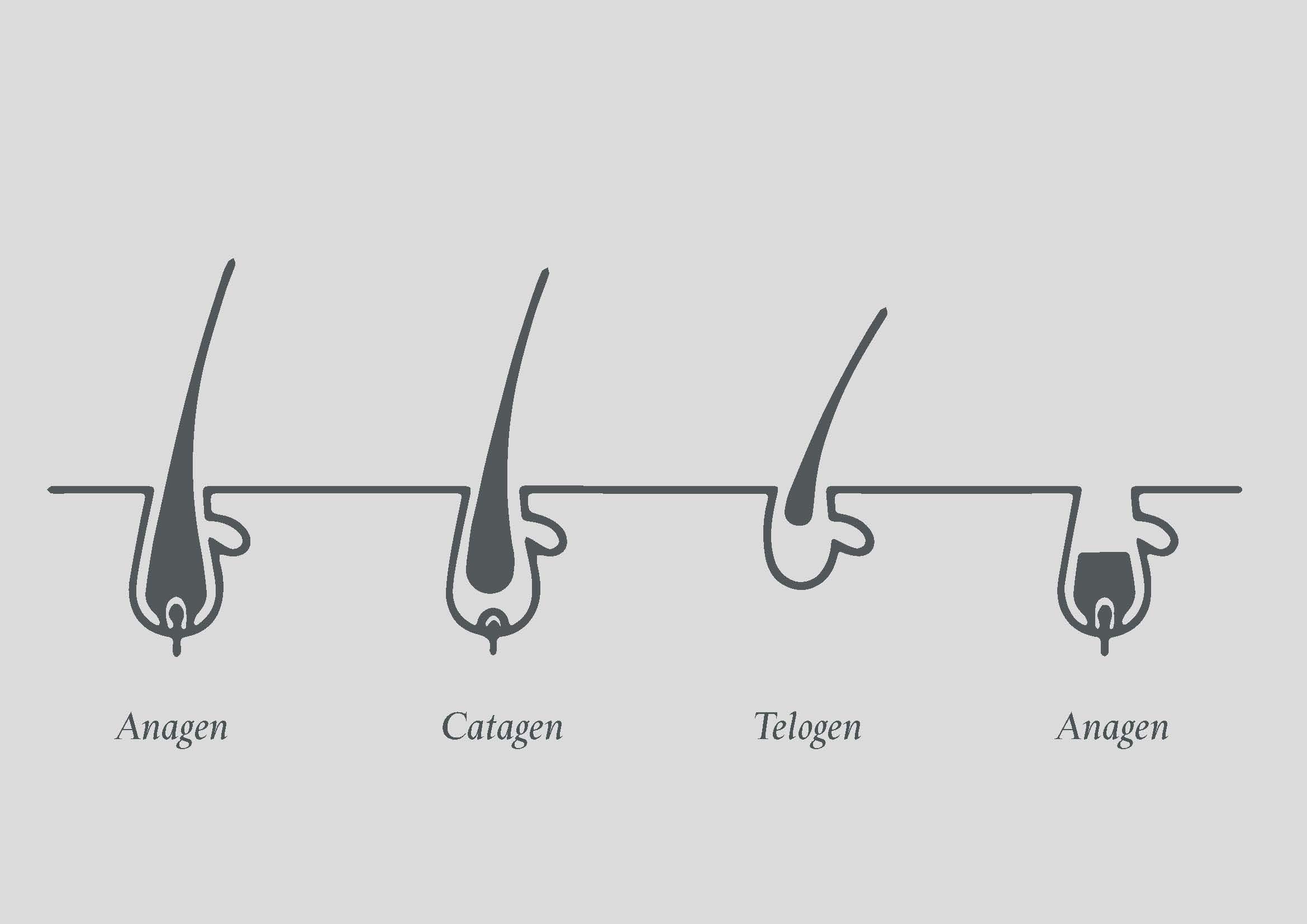
This is because the drop in oestrogen levels around menopause means that you have a higher ratio of testosterone in your body, allowing it to have a stronger negative affect on your hair follicles.
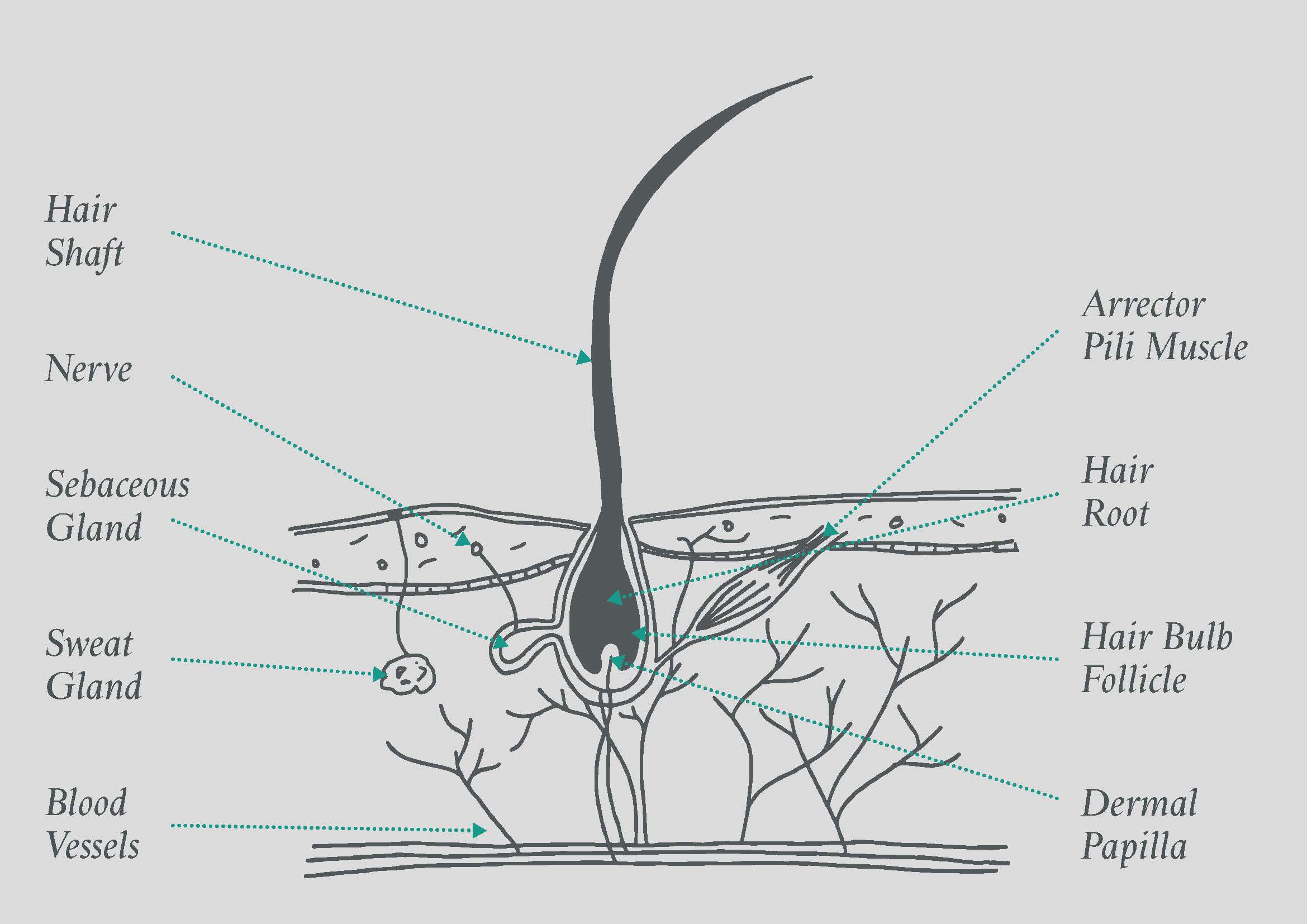
What are the Symptoms of Menopausal Hair Thinning?
Hair thinning is always gradual, no matter what the cause. Fifty is the average age for menopause, but changes to your hair can begin long before. Around menopause, you may begin to notice the following:
What are the Treatments for Menopausal Hair Thinning?
The best treatments for menopausal hair thinning address the hormonal sensitivity that is present in your hair follicles. This usually involves a combination of the following:
Hair follicle stimulants such as minoxidil and methyl nicotinate
Stress management (stress can raise androgen levels in your body)
Scalp drops containing hormones
In the Philip Kingsley Clinics, our Trichologists formulate prescription-only scalp drops, containing a combination of anti-androgenic hormones, as well as a follicle stimulant. In most cases, clients using these drops will see an improvement in their hair density within 3-6 months. If you would like more information about our bespoke drops, please contact us.
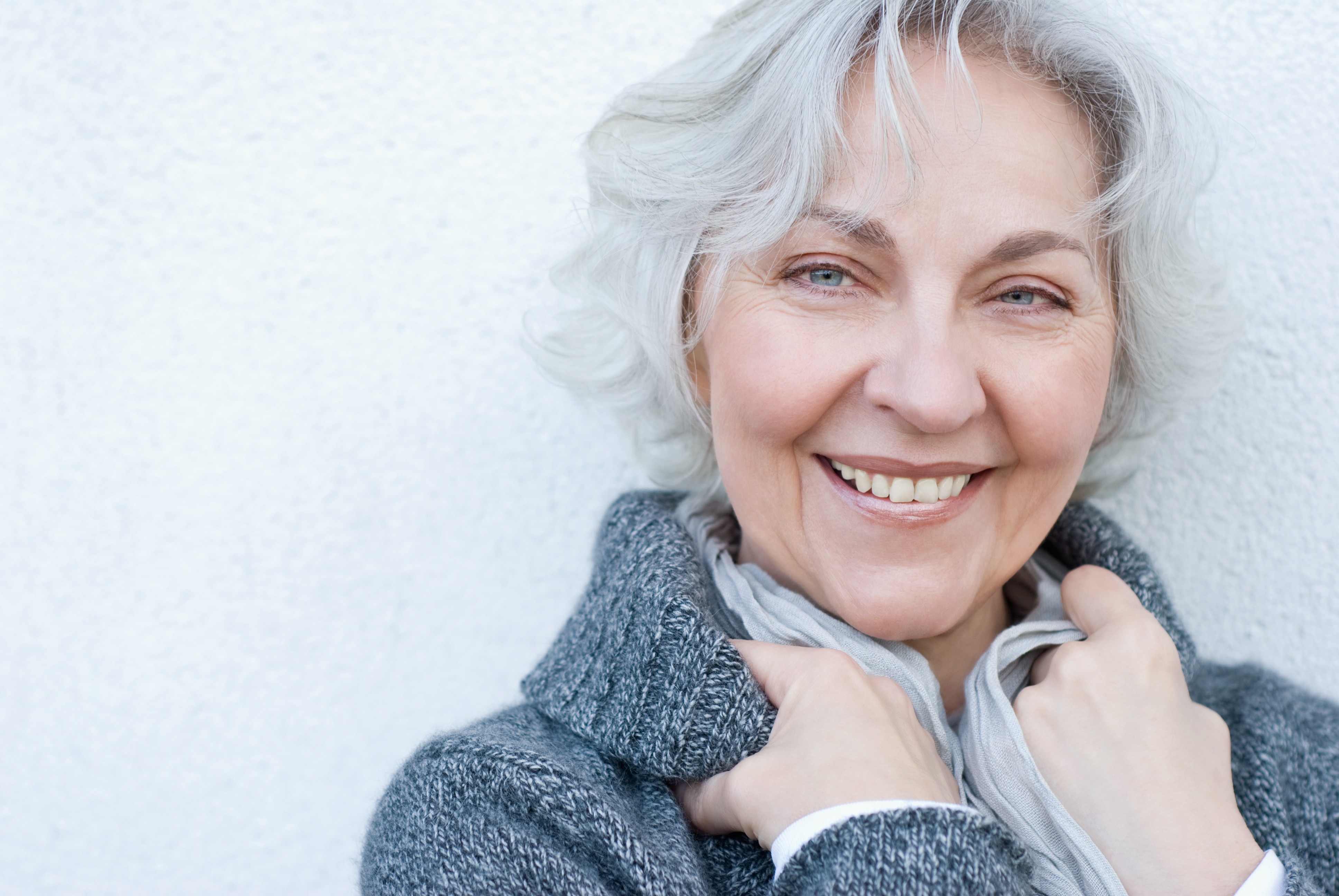
Hormone Replacement Therapy
Hormone Replacement Therapy (HRT) restores your body’s oestrogen to an average pre-menopausal level. This treatment relieves menopausal symptoms, including hot flashes, mood swings, osteoporosis and decreased libido. It is also known to help with hair thinning.
If you do decide to go ahead with HRT, we suggest that you make your doctor aware before your treatment that you are concerned about your hair. This may influence which therapy she or he thinks is best for you. Certain HRT therapies are hair-friendly, while others are not beneficial, and some may even exacerbate hair thinning. You may also consult with one of our Trichologists, who will be able to work with your doctor in finding the best all-round HRT treatment.
There are also many retail products available that immediately give you the appearance of thicker hair. Coloring and bleaching your hair can also help give the illusion of more volume, as these processes plump your hair shaft. Choosing a hair color that is close to your scalp color will also help, as it disguises the contrast between areas of uncovered scalp and hair.
Recommended Products
To learn more about female hair loss, please click through to one of the following pages:
